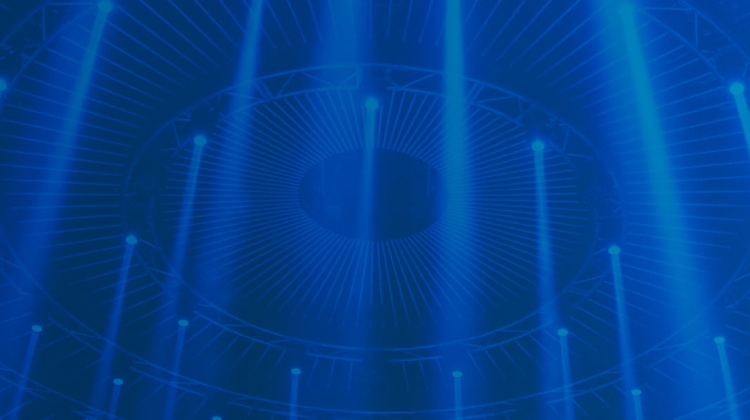The last face-to-face Hackathon took place in 2019 in Ireland, and the in-person 2020 Hackathon was postponed due to the pandemic. This year’s event was organized by Emerging Leaders (ELs) of the ISPE Iberia Affiliate, including Marta Malo de Molina, Beatriz Sacristán, and Eliana Lorenzo. The organizing committee wants to thank everyone involved in organizing this event and for making it a great success.
About the Hackathon
A Hackathon usually lasts 24 hours, starting on Saturday when coaches give introductory presentations, followed by a workshop where participants are divided into teams and assigned the task to come up with a solution to a problem and make a presentation by Sunday morning. On Sunday, the judges evaluate the presentations, provide feedback to the teams, and decide the winner.
The main objective of a Hackathon is to divulge knowledge in an innovative scenario about the trending topics of the pharmaceutical sector, as well as to promote networking between Emerging Leaders and senior industry experts.
Hackathon Focus
The focus area of this Hackathon was Industry 4.0. Teams had to develop a digital transformation project for a company with low technological development and a fixed budget. Participants first received presentations from senior industry experts acting as coaches. The coaches and topics presented were:
After the coaches’ presentations, participants were divided into four teams with a total of 16 participants. Each group was assigned a company with several details of the company such as batch size, production costs, and batch lead time. The four types of companies were:
- Generics (CMO): Tablets manufacturer
- Biotech company: CAR-T cell therapy
- Personalized medicines: Immunology (allergy vaccines)
- Medical device: Glucose meter device
Each group received a fixed budget to make their company the most attractive to the investors (judges) by establishing a business case for a digital transformation project. With their budget, each team had to go to four stations, named after places in Madrid, and work on the topics (MES, Data Analytics, QMS, and Predictive Maintenance). The challenge was supposed to take place in popular places within the beautiful city of Madrid, but due to bad weather conditions the participants had to stay inside the hotel.
At each station, the teams encountered a challenging situation related to each topic. The teams were presented with three options to solve the challenge, where each option implied a different digital solution, implementation cost, time, and other resources. One of the provided options had to be chosen before leaving a station and going to the next to promote fast and final decision-making. The teams only had 15 minutes per station and had to think wisely about how to invest their budget according to the characteristics of their company, and not spend it too fast!
After the team went through the four stations, they faced the difficult part: building the business case based on the digital solutions they chose to implement, and making their company the most attractive to the investors (the judges). Teams worked on their business cases through Saturday with the support of the coaches.
On Sunday morning, each team presented their company to the judges. The teams did outstanding work in less than 24 hours, creating companies that seemed real with names and logos, bringing the judges close to their companies. The winning team even made a short commercial!
After the presentations, the judges evaluated the presentations as potential investors, provided feedback to the teams, and chose the winning team. This team received attendance at the 2022 ISPE Pharma 4.0™ & Annex 1 Conference on 7–8 December in Vienna, Austria. Congratulations to Joshua Wise, Melanie Austrup, and Roland Wölfle, members of Feronia, the winning team!











